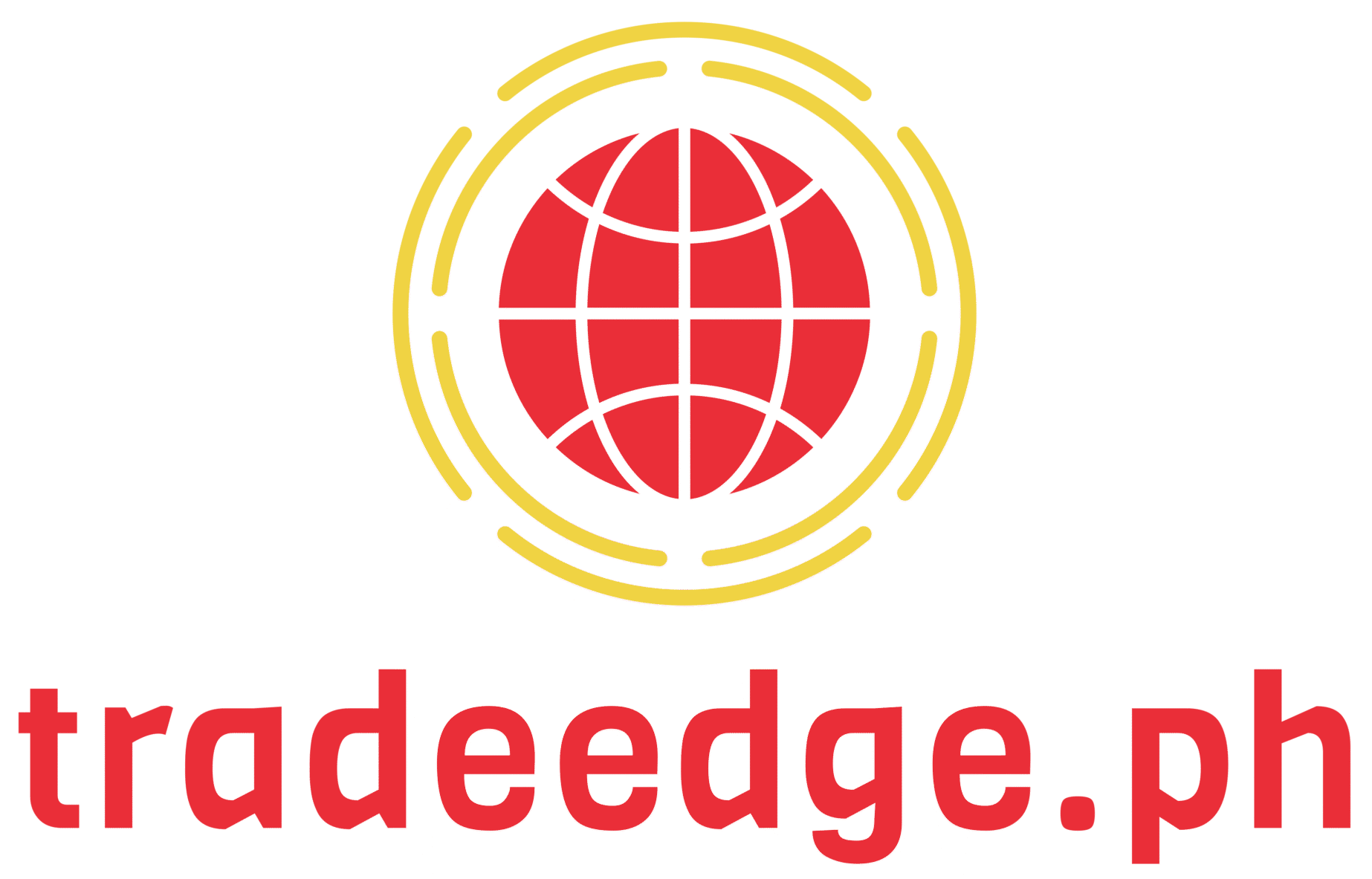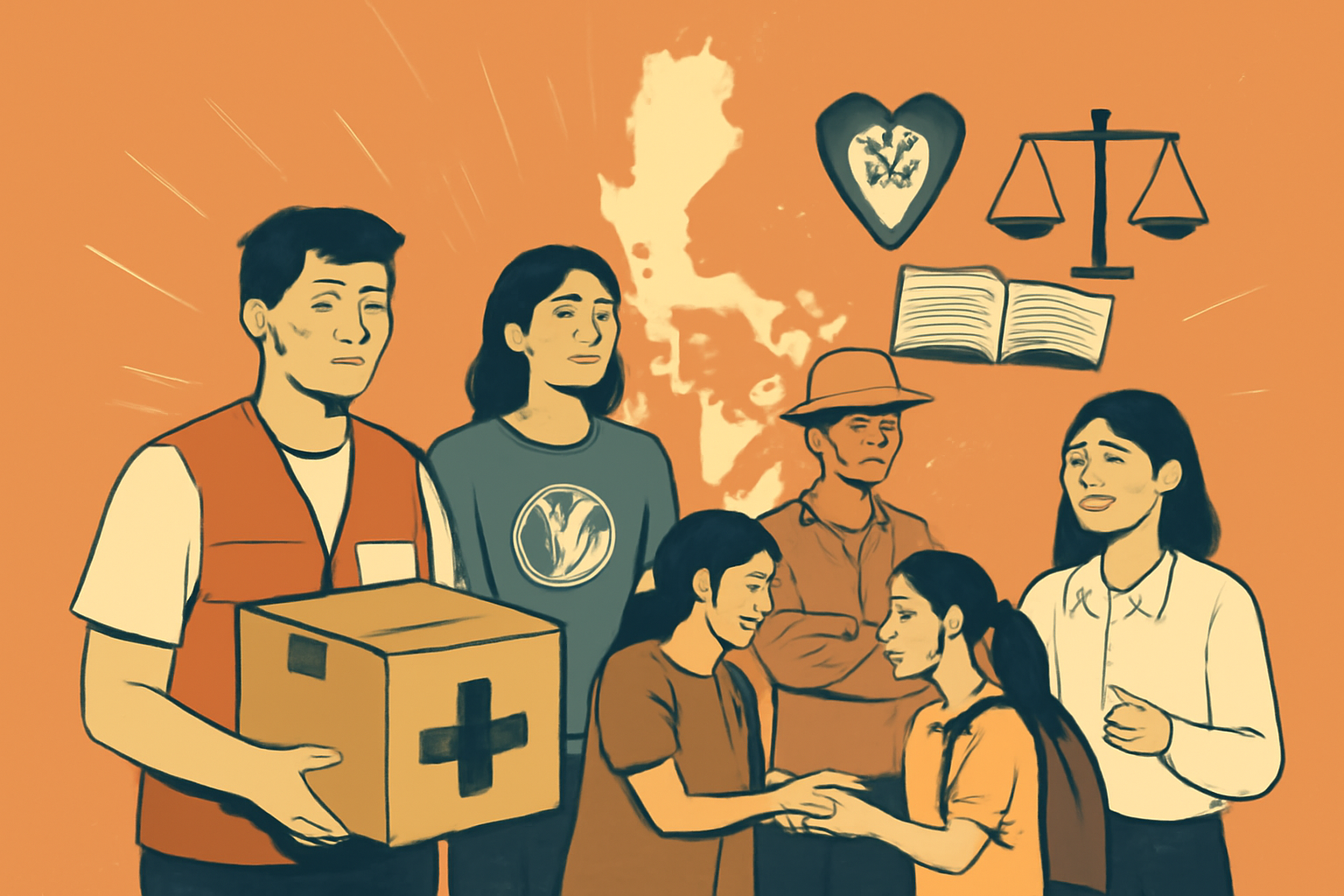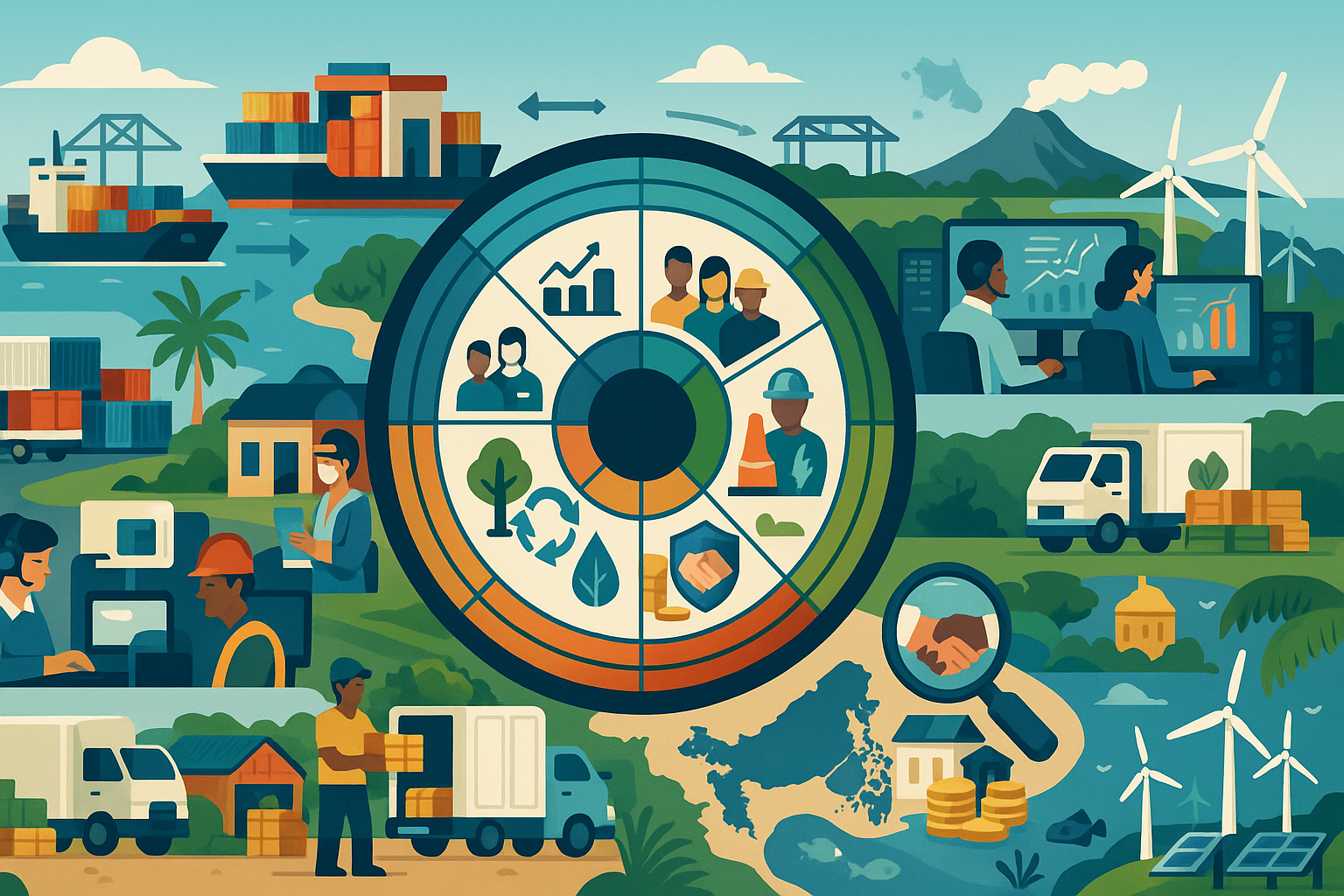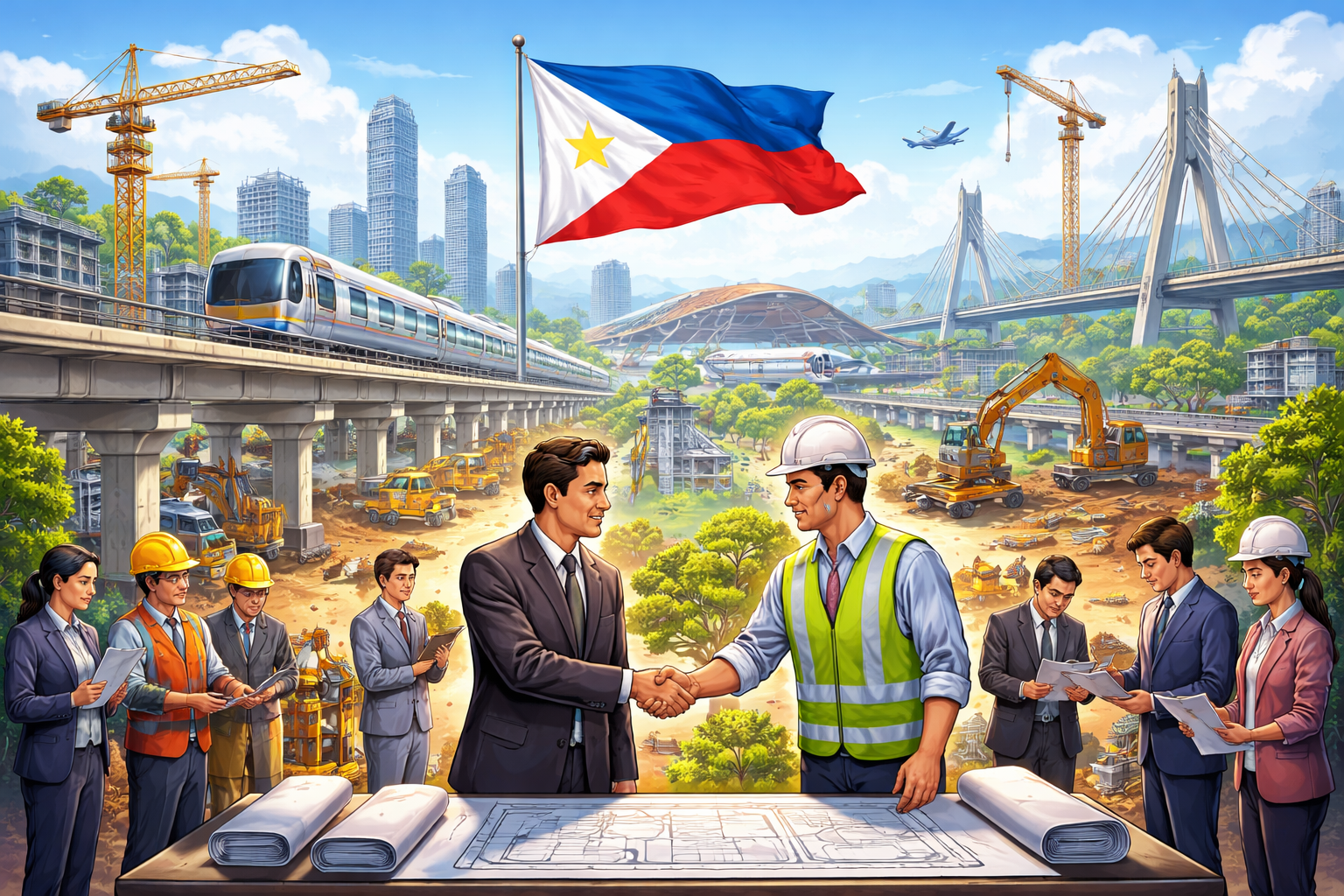In the Philippines, social and humanitarian organizations serve as essential vehicles for addressing the country’s many social and economic challenges. Whether responding to natural disasters, advocating for human rights, or providing essential services to underserved communities, these organizations have proven to be indispensable in creating positive and lasting changes in the lives of many Filipinos.
Response to Natural Disasters
The Philippines is frequently affected by natural disasters such as typhoons, floods, and earthquakes, leading to widespread destruction. Humanitarian organizations, including the Philippine Red Cross and local NGOs like Tahanan ng Pagmamahal, have been critical in providing immediate relief to victims. The Philippine Red Cross, for example, is often the first to arrive on the scene, offering emergency medical care, food, water, and shelter to those displaced by disaster. They also play a significant role in the rehabilitation process, helping to rebuild homes and restore communities.
Organizations like Oxfam Philippines take a long-term approach, focusing not only on disaster relief but also on resilience-building. They work to equip communities with the skills and resources needed to cope with future disasters, ensuring that people are better prepared for future crises.
Alleviating Poverty and Promoting Sustainable Livelihoods
Poverty remains one of the most significant challenges in the Philippines. Many organizations are committed to eradicating poverty and providing sustainable livelihood opportunities to marginalized communities. One such organization is Gawad Kalinga, which focuses on transforming impoverished areas by providing affordable housing, healthcare, and education. By collaborating with local residents and businesses, Gawad Kalinga helps create self-sustaining communities that can escape the cycle of poverty.
Similarly, the Philippine Business for Social Progress (PBSP) collaborates with the private sector to fund programs that address education, health, and livelihood concerns in poor communities. PBSP’s focus on building long-term solutions has helped thousands of families gain access to necessary resources, enabling them to improve their economic status.
Advocacy for Human Rights and Social Justice
Human rights are another key focus area for many organizations in the Philippines. The country has a history of human rights violations, and organizations like Karapatan and the National Union of People’s Lawyers (NUPL) work tirelessly to promote the rights of marginalized groups and individuals. They provide legal support to victims of human rights abuses, campaign against illegal detention, and advocate for the rights of indigenous people, women, and children.
The Commission on Human Rights (CHR) is another important institution that monitors human rights abuses and ensures that violators are held accountable. Through partnerships with NGOs and civil society organizations, the CHR plays an essential role in the protection and promotion of human rights in the country.
Access to Education and Capacity Building
Education is a key tool in combating poverty and inequality in the Philippines. Teach for the Philippines, for example, recruits outstanding individuals to teach in underserved communities, ensuring that children in these areas have access to quality education. Their efforts focus on bridging the educational gap between urban and rural communities, giving all children, regardless of their background, the chance to succeed.
Capacity-building initiatives by organizations like the PBSP also empower individuals to improve their lives. These initiatives focus on providing skills training, educational resources, and support for entrepreneurial ventures, helping people from disadvantaged backgrounds build better futures for themselves and their families.
Conclusion
The contributions of social and humanitarian organizations in the Philippines are immeasurable. These organizations play a crucial role in disaster relief, poverty alleviation, human rights advocacy, and education. They help create a more equitable society by empowering communities and advocating for social change. As these organizations continue their work, they help pave the way for a brighter, more sustainable future for the people of the Philippines.




